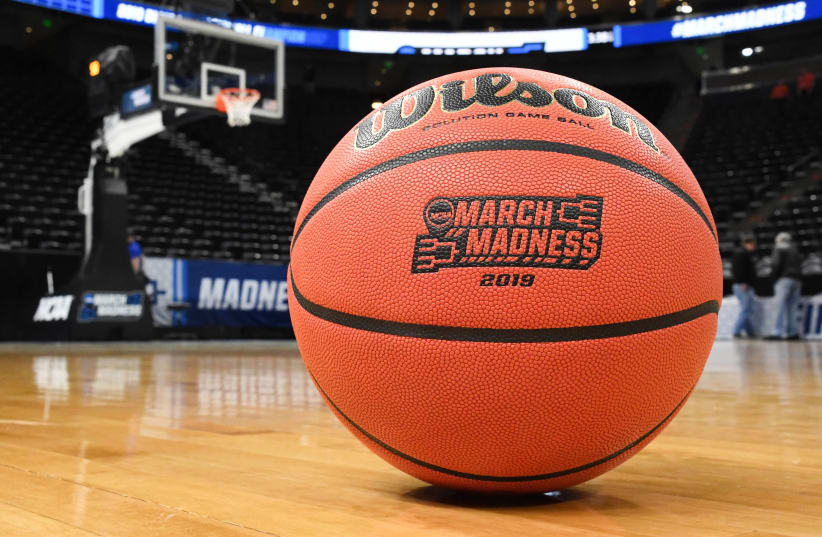The NCAA Board of Governors announced Friday that no NCAA championship event can be played in any state where the Confederate flag has a "prominent presence."
The updated rule takes aim at Mississippi, which has the Confederate flag as part of its state flag.
Previously, the policy said the NCAA couldn't award championship play to states that displayed the Confederate flag, but a team in such a state could host a championship game if it earned it through seeding or ranking.
Baseball, softball, lacrosse and women's basketball teams could host NCAA play under the earlier policy.
The Southeastern Conference, Mississippi State University and the University of Mississippi made public pushes Thursday for the state to drop the Confederate symbol.
SEC commissioner Greg Sankey issued a statement that indicated the league might ban its championship events from being held in the state barring a change in the flag. The NCAA's action on Friday made that official.
"There is no place in college athletics or the world for symbols or acts of discrimination and oppression," said Michael V. Drake, chairman of the NCAA board and president of Ohio State.
The NCAA enacted its initial flag policy in 2001.
"Competing in an NCAA championship is a special experience for college athletes who compete at the highest level and we are grateful for the college athlete voice leading to this decision," said Mark Emmert, NCAA president.
"We must do all we can to ensure that NCAA actions reflect our commitment to inclusion and support all our student-athletes. There can be no place within college sports where any student-athlete is demeaned or unwelcome."
In the wake of the death of George Floyd, a black man, at the hands of Minneapolis police last month, various Confederate symbols have been taken down nationwide.
On June 10, NASCAR prohibited the Confederate flag from all events and properties.
